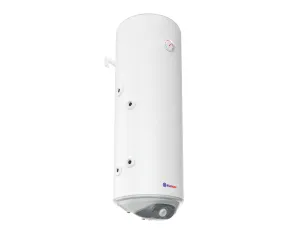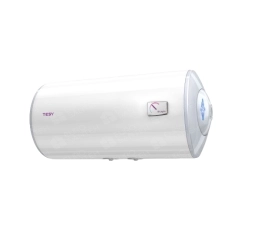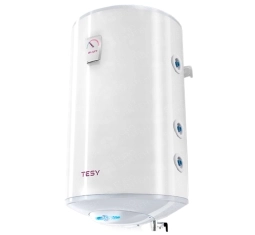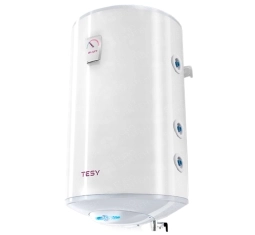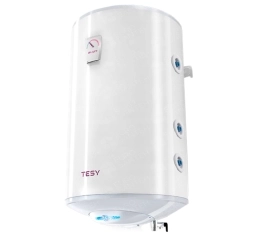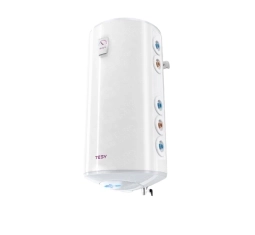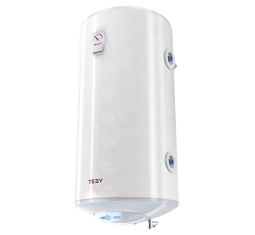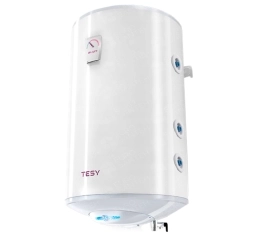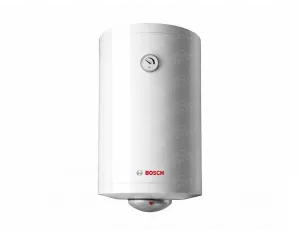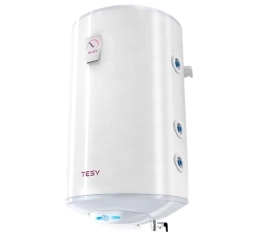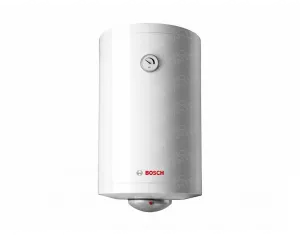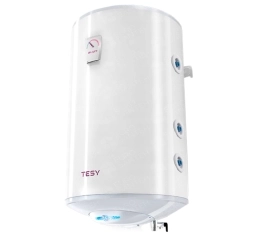Combi Thermoelectric Boilers
Combi thermoelectric boilers are selected for apartments with variable hot-water demand. For homes, seasonal operation from the heating loop is a key factor. For commercial spaces, stable hot-water output is required throughout the year. In Chisinau and across Moldova, some units are in stock and others on order, so price and delivery terms are confirmed before fitting.
Before fitting, teams verify heating-loop connection scheme, electrical load, safety group, drain setup, pressure profile, and service access. Wrong configuration often causes overuse and slow recovery.
The practical workflow is capacity sizing, mode selection, technical validation, fitting, startup checks, and service-term alignment.
When a hybrid boiler is the right option
This format is chosen for projects that run from heating loop in season and require electric support in off-season or peak-demand periods.
What parameters drive selection
Core factors are tank volume, heat-exchanger type, heater power, recovery speed, energy use, and mode-switch setup. Stable operation also depends on water quality profile.
Installation, startup, and stable operation
Before works begin, teams lock hydraulic and electrical layout; after fitting, they verify tightness and operating modes. System behavior is checked under load and service terms are confirmed.
Options in stock and on order
For parent-level hot-water comparison, teams usually start from water heaters and boilers and then narrow to hybrid format. For electric-only scenarios they check electric boilers. For heating-source comparison they review boilers. In mixed projects they also use heating and sewerage.
Frequently asked questions
What properties are hybrid boilers suitable for?
For apartments, homes, and commercial spaces that need mixed-mode hot-water heating.
What is checked before selection?
Capacity, heat exchanger type, heater power, loop connection, and electrical load.
Can selection and installation be delivered in one workflow?
Yes, selection, delivery, fitting, and startup checks can be coordinated together.
How can high energy use risk be reduced?
By correct seasonal mode setup and proper sizing based on real usage profile.
Is service available after startup?
Yes, maintenance terms are fixed when project conditions are confirmed.
